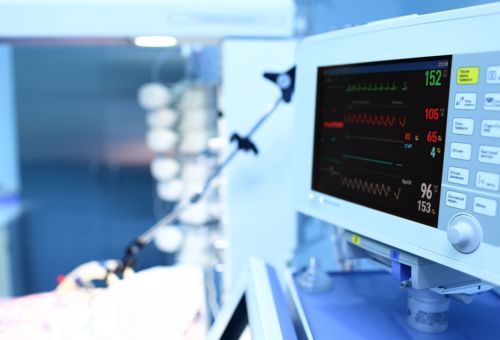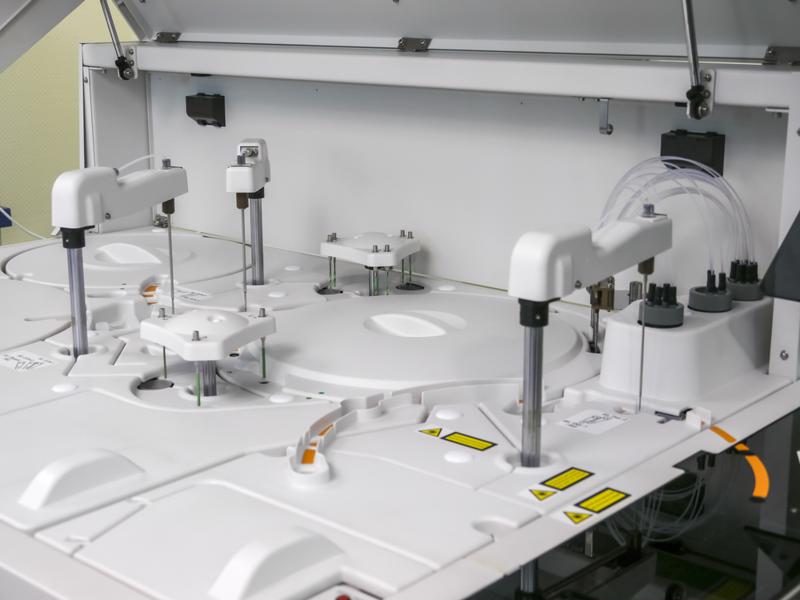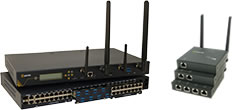
Could Security Issues in IoT Medical Equipment Lead to Major Hacker Incidents?
By Max BurkhalterSeptember 27, 2022
The Internet of Things (IoT) is a term used to describe the growing network of internet-connected devices that collect data and can be controlled remotely. The IoT is a rapidly expanding part of our economy and will continue to increase as more and more devices are connected.
One of the most significant concerns with the IoT is security. An issue is that many IoT products have weak or nonexistent authentication, which allows hackers to easily access them easily. Many devices lack strong encryption, which means that hackers could intercept data in transit or gain access to stored information.
This article will explore how security issues with IoT medical equipment could lead to major hacker incidents.
What types of security issues are medical equipment vulnerable to?

While IoT medical equipment can have great potential to improve healthcare in the long run, it may also present a number of security issues that can result in a major attack. In fact, research suggests that there are already significant vulnerabilities in IoT medical devices, and hackers could use these vulnerabilities to gain access to the devices and disrupt patient care. 53% of medical devices used in hospitals in the United States are already vulnerable to security issues. Furthermore, with so much sensitive information being transmitted over the Internet, there is also the potential of cyber attacks occurring on healthcare providers.
There are a number of ways that hackers could target medical devices. For instance, they could hack into a device's network and use it to transmit false information or tamper with patient records. Or, they could infiltrate the system and purposefully cause devices to malfunction.
Another way that hackers could disrupt patient care is by using malware to attack the firmware of medical devices. This type of malware can be used to take advantage of known security exposures in IoT medical equipment, such as those that exist in Wi-Fi networks or software platforms used by providers. If a hacker is able to access this type of device remotely, they could change settings or even cause a device to malfunction.
The future of healthcare relies on IoT technology
Medical devices are important tools for healthcare, but they also present a unique risk to patient safety. Cyberattackers could exploit a medical device's vulnerabilities to harm patients or even cause a device to become corrupted. In light of these risks, lawmakers and regulators are increasingly considering ways to protect medical devices from cyberattacks. For instance, the FDA has issued new regulations that require manufacturers to verify that their medical devices are secure against cyberattacks.
These regulations will help ensure that medical devices can be trusted to do their job as intended. In addition, the FDA is also exploring ways to implement security standards for medical devices in the future. By taking action now, the FDA can help minimize the risks posed by cyberattacks on medical devices and ensure that patients continue to have access to safe, high-quality care.
Trust your IoT healthcare technology with Perle
Perle offers device servers and terminal servers to aid in the connectivity required to streamline your IoT across multiple medical devices. For more information reach out for a discussion.



